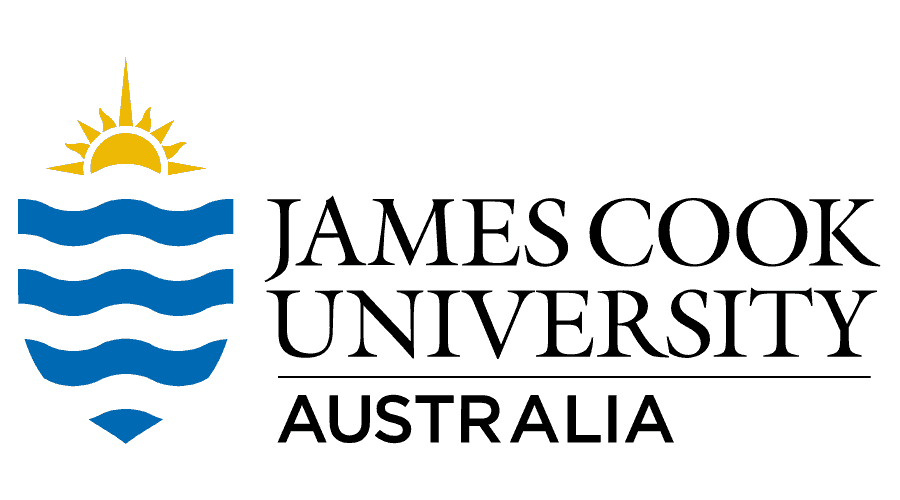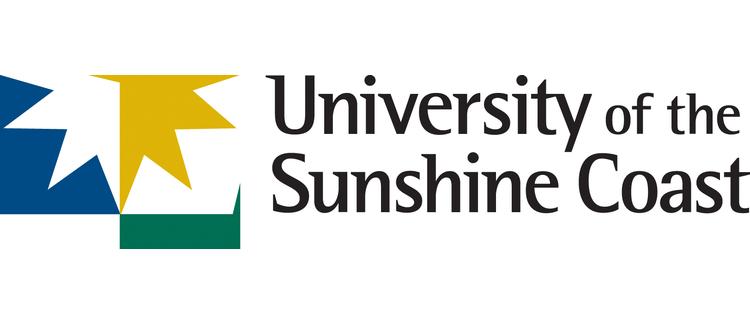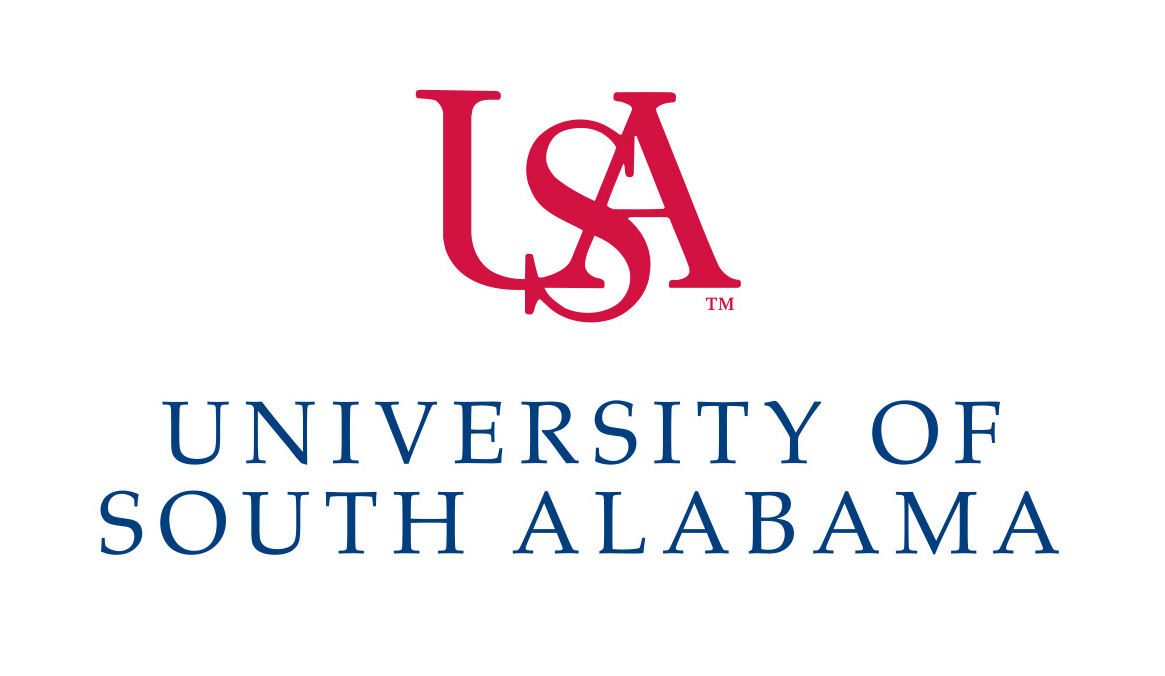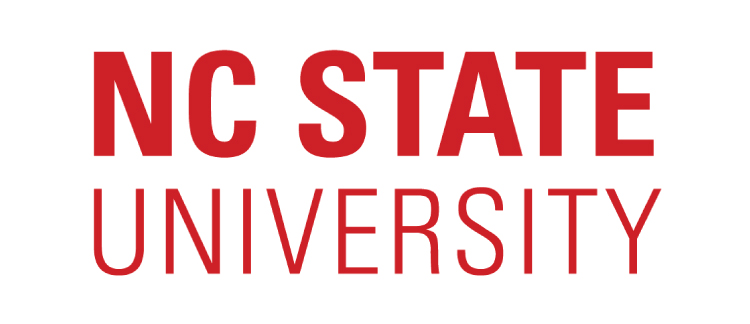
International Galapagos Science Consortium




What is the International
Galapagos Science Consortium?
The International Galapagos Science Consortium (IGSC), a network of collaborating institutions and scientists, is designed to provide operational support for the Galapagos Science Center and to form an alliance of international institutions including universities, research organizations, corporations, government agencies, and non-government organizations. The goal is to create a scientific network that is powered by a diversity of thought, perspectives, techniques, approaches, visions, and a data infrastructure that are leveraged through integrative science to create a collaborative global network of institutions and scholars for the innovative study of island ecosystems.
Membership in the International Galapagos Science Consortium (IGSC) provides the opportunity for international partners to access the Galapagos Science Center on San Cristobal Island, Galapagos for research, education, and community outreach. The Galapagos Science Center is a unique capacity that has been created through a strategic partnership between the University of North Carolina at Chapel Hill, USA and the Universidad San Francisco de Quito, Ecuador.
Benefits of Consortium membership
Why join the Consortium?
Membership in the Consortium affords the opportunity to work with members in showcasing research and education being conducted in a world-renowned protected area to better understand the social, terrestrial, and marine sub-systems in the Galapagos Islands as a template to examine other similarly challenged island ecosystems around the globe. The Consortium publicizes solutions, technologies, and outcomes with Consortium members to develop innovative data protocols, analytical methods, and synthesis of findings to address common interests.
There are three membership levels from which to choose from, each with varying levels of access. Membership is for an initial period of two years, followed by a review and assessment by the GSC Directors and by Consortium members.
Levels of membership
to become a Consortium member, please contact:
Carlos Mena (USFQ) cmena@usfq.edu.ec
Amanda Thompson (UNC-CH) althomps@email.unc.edu


